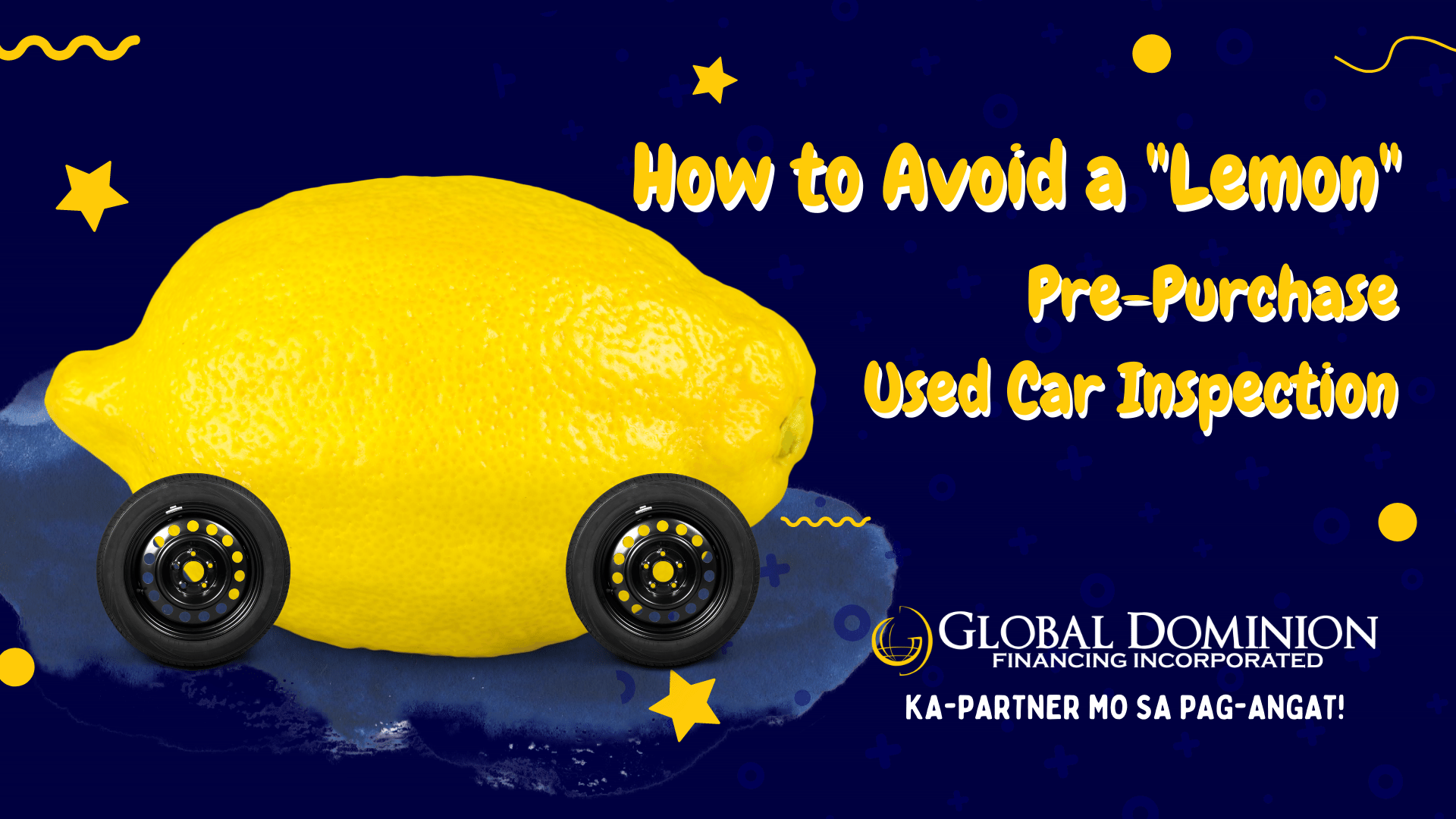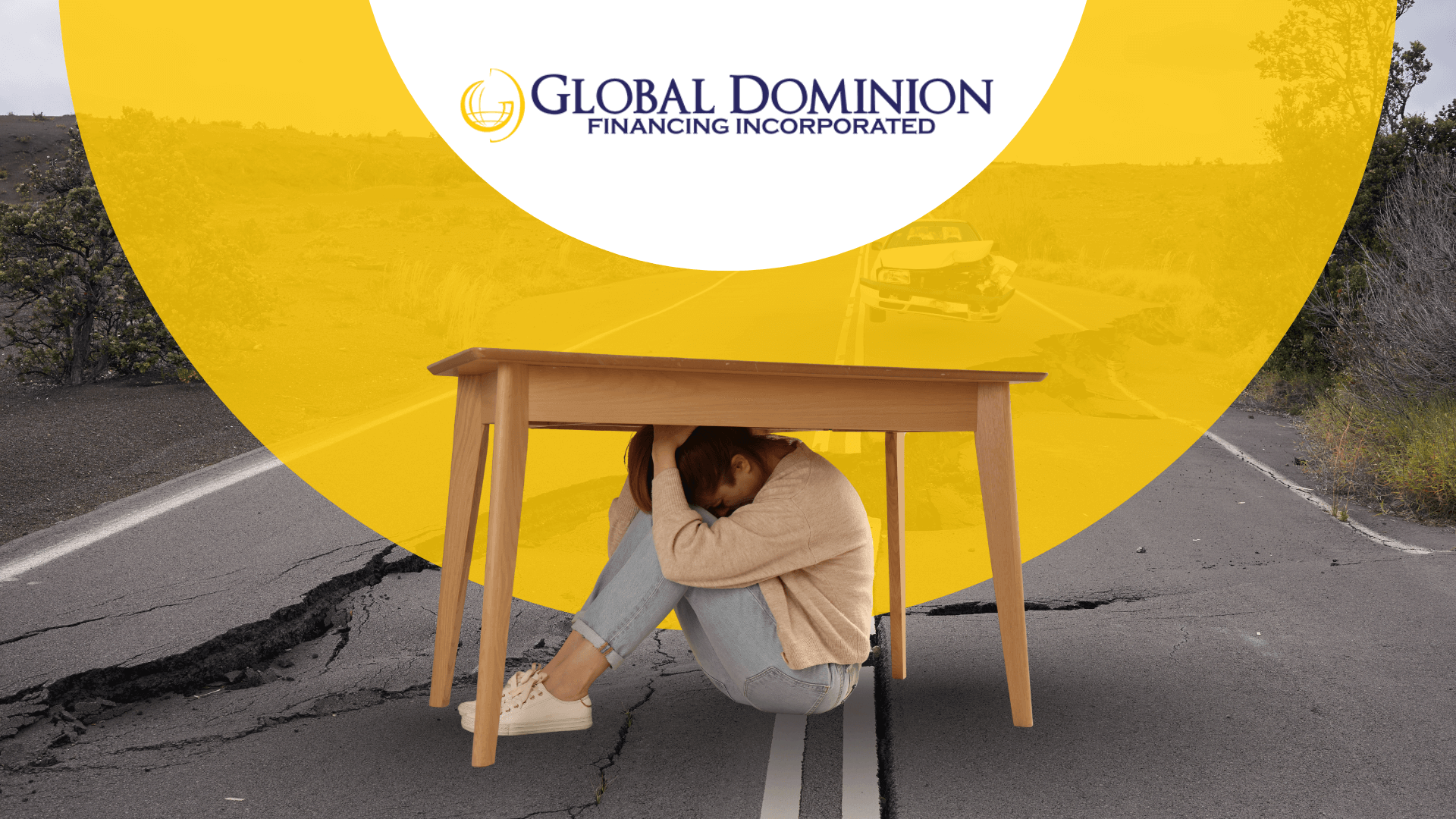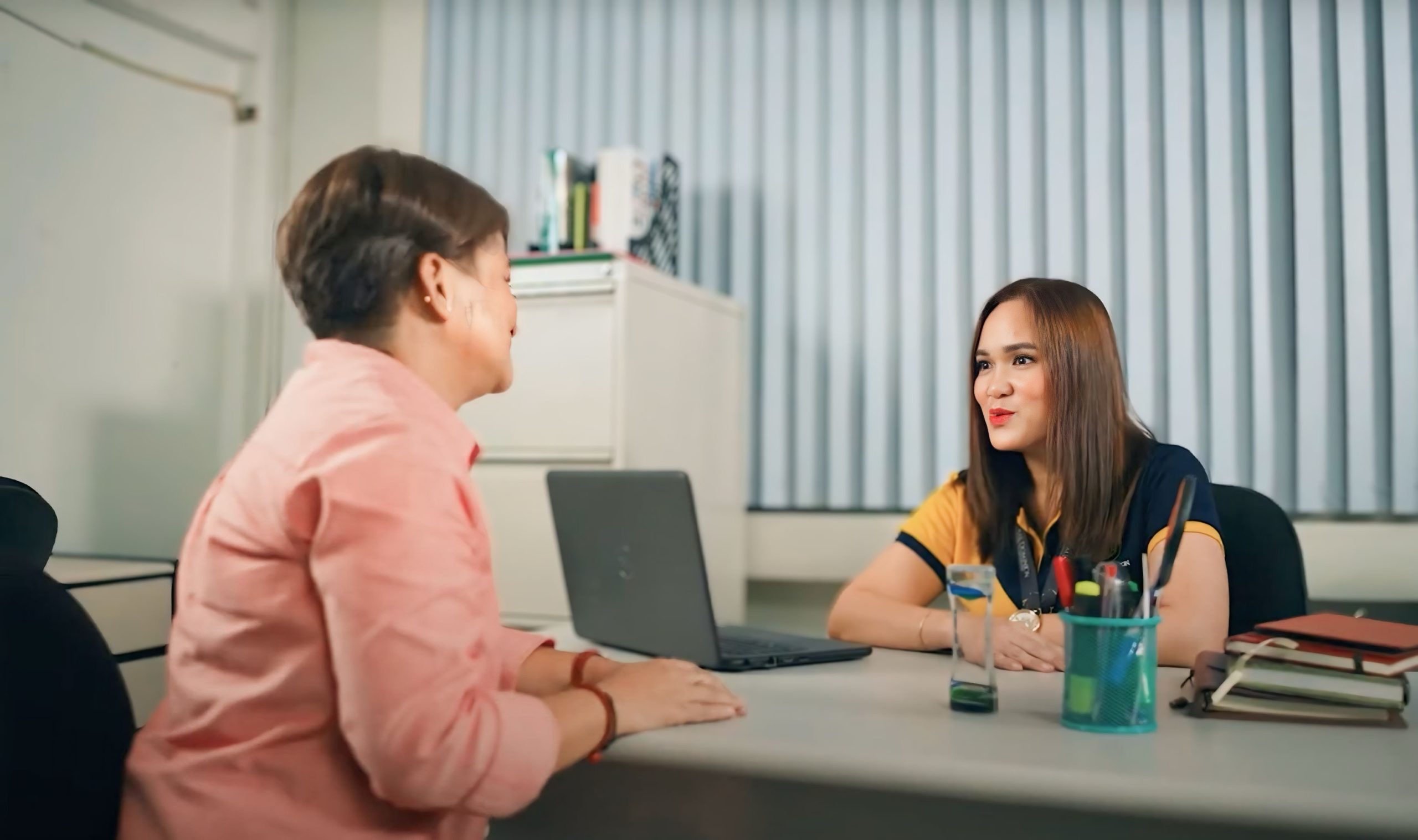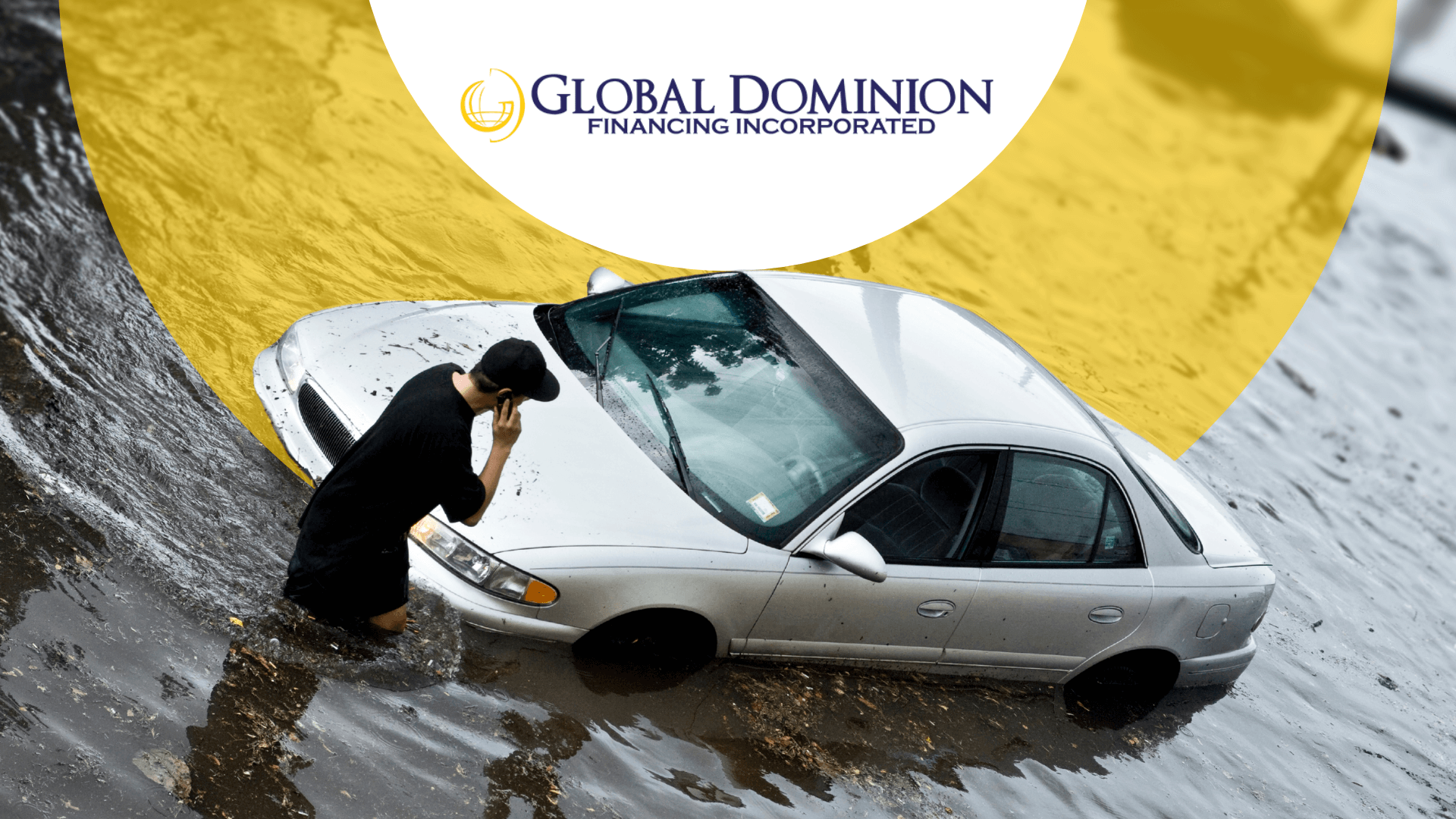How to Avoid a “Lemon”: Pre-Purchase Used Car Inspection

Buying a used car may be both nerve-wracking and exciting. Defects may not be evident at first, but they might end up costing you a lot of money in the long run. We hope that the information and resources provided in this post will assist you in making an informed purchasing decision. The most critical stage in buying a used car is the pre-purchase car examination.
Having as much information as possible can assist you in avoiding any ‘lemons.’ If you don’t complete a pre-purchase car examination, how can you be informed?
What to Do:
- Make a list of the cars you want to buy and conduct some research on each one to learn about pricing points, repair expenses, and frequent flaws. How much will the car be worth in three or four years? Having a sharp eye for flaws will give you some negotiating leverage.
- Ask as many questions as you can think of, plus a few more. A trustworthy seller or dealer will gladly answer your questions. Has the vehicle been in any accidents? What is the approximate mileage? How many owners have there been in the past? What are the reasons for the car’s sale? Is there any evidence of electrical damage?
- If at all possible, take a test drive. But, before that, undertake a physical inspection if possible. Look for rust, flood damage, or signs of bodywork that could cause you problems.
- If you’re buying a used car, it’s usually a good idea to test drive it in a large parking lot and on a road that allows you to travel a little faster than 60 mph. Keep an eye on the lights, power windows, heating, and air conditioning, as well as the windshield wipers, brakes, and steering wheel alignment.
- Use our car inspection checklist below to do your own vehicle inspection, and if the vehicle passes the test and you’re considering purchasing it,
- Make an appointment for a professional pre-purchase car inspection.
Checklist:
At the very least, you should inspect the vehicle using this used car inspection checklist. If you’re buying a car online from out of state and won’t be able to see and inspect it in person, you should use one of the automotive inspection services available in your area.
So, what should you look for when buying a secondhand car? To put it simply, everything. When inspecting, look for the following items:
- The bodywork (exterior)
- The interior functions and aesthetics
- The mechanical parts inside and out
- The tires
- The engine
- The exhaust
- The odometer
The items on the car inspection checklist highlight key indicators that could signify major and very expensive repairs. If the car has been in an accident, an inspection might assist reveal severe issues such as structural damage. So, what if you find the vehicle of your dreams, but it has flaws?
Here at Global Dominion, Inc., we do not just assist our clients with our car financing needs. We would also like to help our customers get the best car deal that they could have. One of these is avoiding getting a “lemon”.
By completing this car inspection checklist, you will be able to negotiate a lower price and learn how much it will cost to repair from a mechanic. It’s then up to you to decide whether or not it’s a wise investment.





